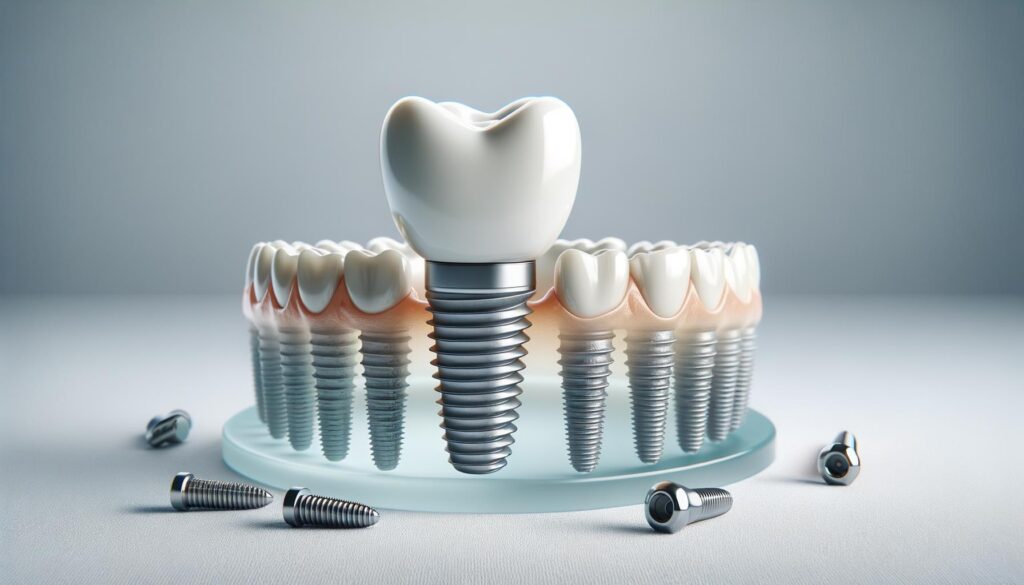Affordable Solutions: Exploring Dental Implants on a Budget

Understanding Dental Implants
Dental implants have become a popular solution for individuals seeking to replace missing teeth. They offer a permanent and durable option that functions and appears like natural teeth. However, the cost of dental implants can be a significant barrier for many individuals. Understanding what dental implants entail can help in assessing their value.
Dental implants consist of several components: a titanium post that replaces the root of the tooth, an abutment that holds the new tooth, and a crown that mimics the tooth’s shape and function. The process requires multiple visits and can take several months to complete, which adds to the overall cost.
When considering implants, it’s important to weigh their benefits, such as improved oral health and aesthetics, against the financial investment required. The long-term advantages, such as preventing bone loss and maintaining facial structure, often outweigh the initial cost for many patients.
Factors Influencing Cost
Several factors contribute to the cost of dental implants, and understanding these can help individuals make informed decisions. Location is a primary factor; dental clinics in large urban areas tend to charge more due to higher operational costs. Additionally, the dentist’s experience and the complexity of the procedure can influence pricing.
The materials used in the implants also play a crucial role in determining cost. While titanium is the standard due to its durability and compatibility with the human body, different types of crowns can vary in price, with porcelain crowns generally being more expensive than their metal counterparts.
Insurance coverage is another consideration. Many dental insurance plans do not cover the full cost of implants, so reviewing specific policy details is essential. Understanding these factors can assist in exploring affordable paths to obtaining dental implants.
Exploring Affordable Options
For those on a budget, several strategies can make dental implants more affordable. Researching different dental clinics is a good start, as prices can vary widely even within the same region. Seeking services from dental schools where supervised students perform implant procedures can also reduce costs considerably.
Another option is to explore dental tourism, which involves traveling to countries where dental care is less expensive. Popular destinations for dental tourism include Mexico, Thailand, and Hungary, but it’s crucial to consider the associated travel costs and verify the quality of care.
Some clinics offer payment plans or financing options to spread the cost over time, reducing the immediate financial burden. Discussing these options with a dental provider can provide clarity on ways to make implants financially accessible.
Weighing Benefits and Costs
When considering dental implants, it’s essential to weigh the long-term benefits against the upfront costs. Implants offer significant advantages, such as improved appearance and function. They are also a more permanent solution compared to dentures or bridges, which can require replacement or adjustments over time.
To evaluate whether implants are a viable option, patients should consider both their financial situation and their oral health needs. Consulting with dental professionals can provide a clearer picture of potential outcomes and associated costs.
By understanding the overall value implants bring to oral health and quality of life, individuals can make informed decisions that align with their priorities and resources.
Conclusion
In conclusion, while dental implants can appear costly, the potential benefits they offer make them a worthwhile consideration for many. By exploring different cost-saving strategies, such as dental schools, dental tourism, or payment plans, individuals can access this superior dental solution without overwhelming financial strain. For those prioritizing long-term oral health and aesthetics, dental implants represent an investment with considerable returns.
